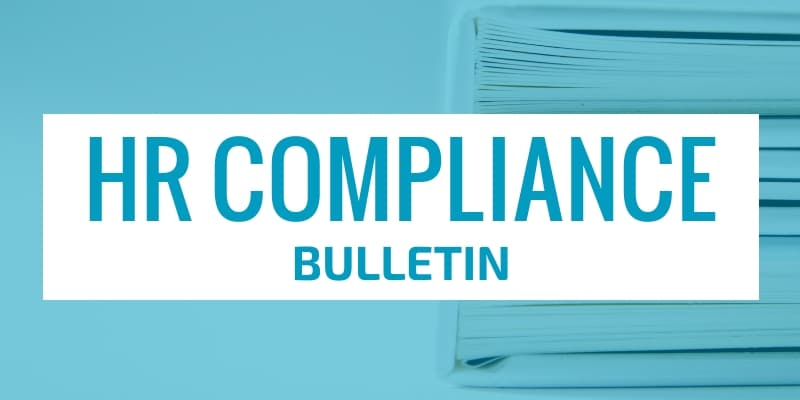19 Feb IRS FAQs on Form W-4: Employee’s Withholding Certificate
 Employers must have new employees complete a number of forms before they can begin their employment.
Employers must have new employees complete a number of forms before they can begin their employment.
Form W-4 is one of these forms. Form W-4 provides employers the information they need to adequately set up a new employee’s filing status for payroll tax purposes. Form W-4 is published and updated by the U.S. Internal Revenue Service (IRS).
On Form W-4, employees can also declare the number of dependents, the tax credits and deductions they intend to claim. While this form is often used for new hires, employees can update the W-4 form they have on file with their employer whenever a change in filing status, dependents or other tax credits and deductions take place.
19 Feb CDC Provides Guidance on Consent Elements and Disclosures for Workplace COVID-19 Testing
 The Centers for Disease Control and Prevention (CDC) has issued guidance on the elements of consent and disclosures necessary to support employee decision-making when employers incorporate workplace COVID-19 testing.
The Centers for Disease Control and Prevention (CDC) has issued guidance on the elements of consent and disclosures necessary to support employee decision-making when employers incorporate workplace COVID-19 testing.
Differences in position and authority (such as workplace hierarchies), as well as employment status in nonstandard working arrangements (e.g., temporary help, contract help or part-time employment) can affect an employee’s ability to make free decisions. This guidance suggests measures employers can take when developing a testing program.
30 Dec DOL Issues Guidance on Electronic Posting of Labor Law Notices

On Dec. 29, 2020, the U.S. Department of Labor (DOL) issued Field Assistance Bulletin 2020-7, which addresses when the DOL will consider electronic posting by employers (by email, or an internet or intranet website) sufficient to provide employees with required notice of their statutory rights under a variety of federal labor laws.
The Bulletin was issued in response to employer questions about the use of electronic means to post notices under the following laws, as more employees work remotely due to the COVID-19 pandemic:

